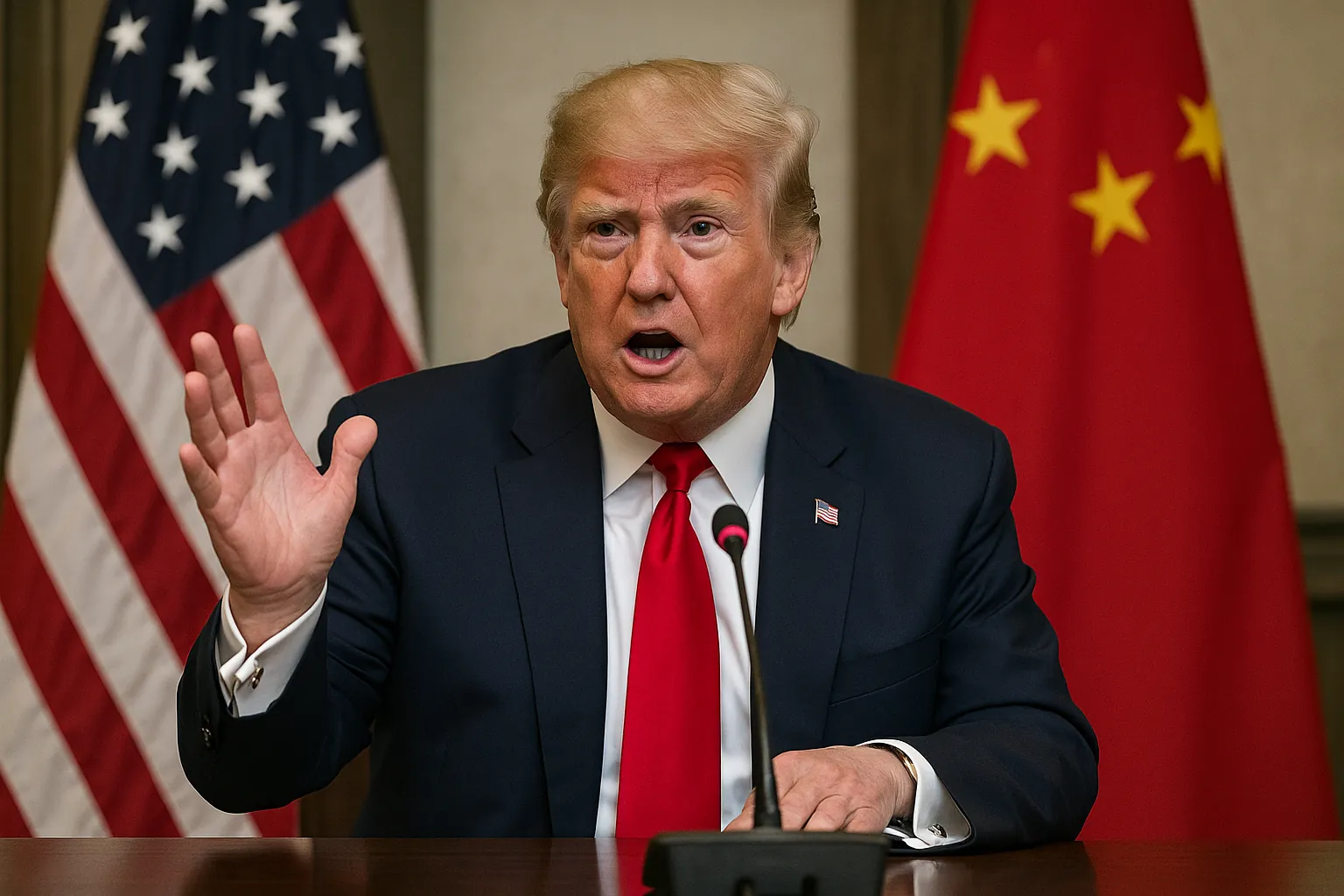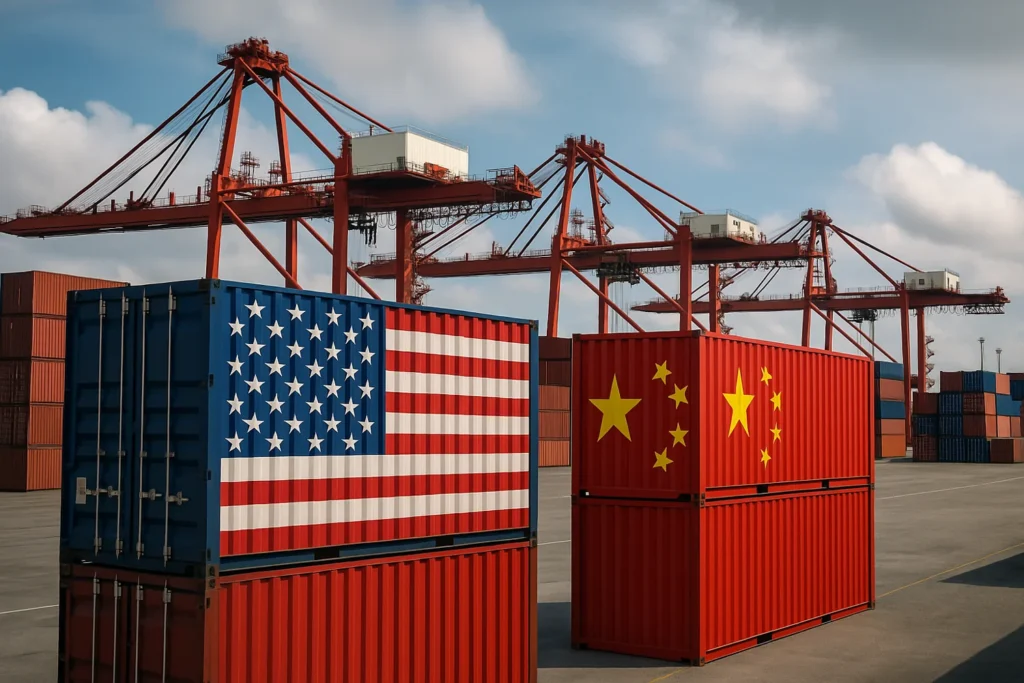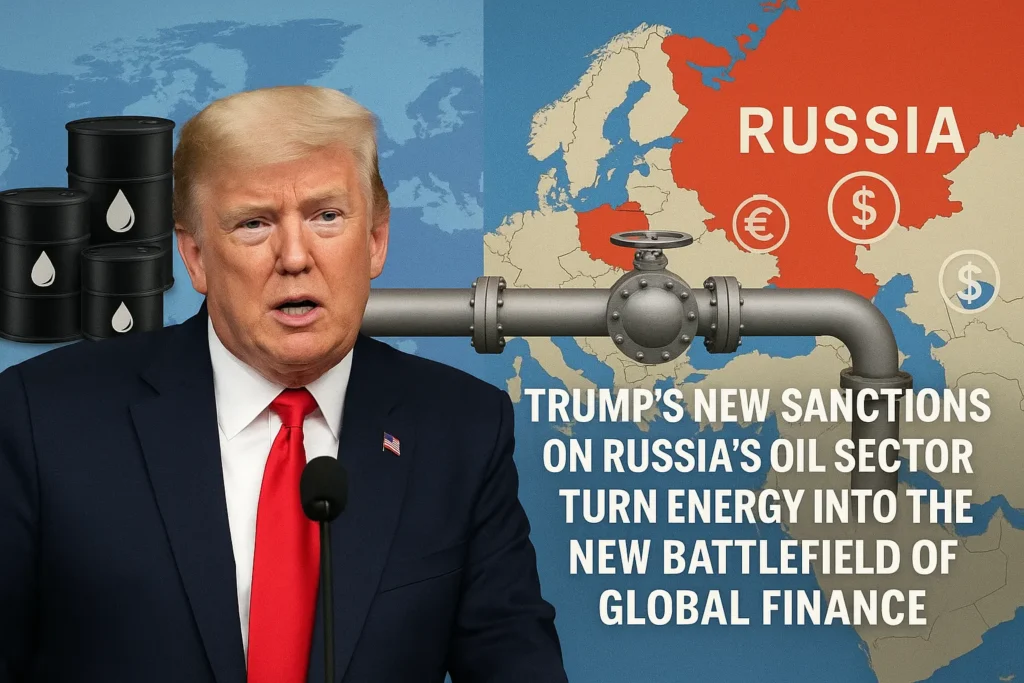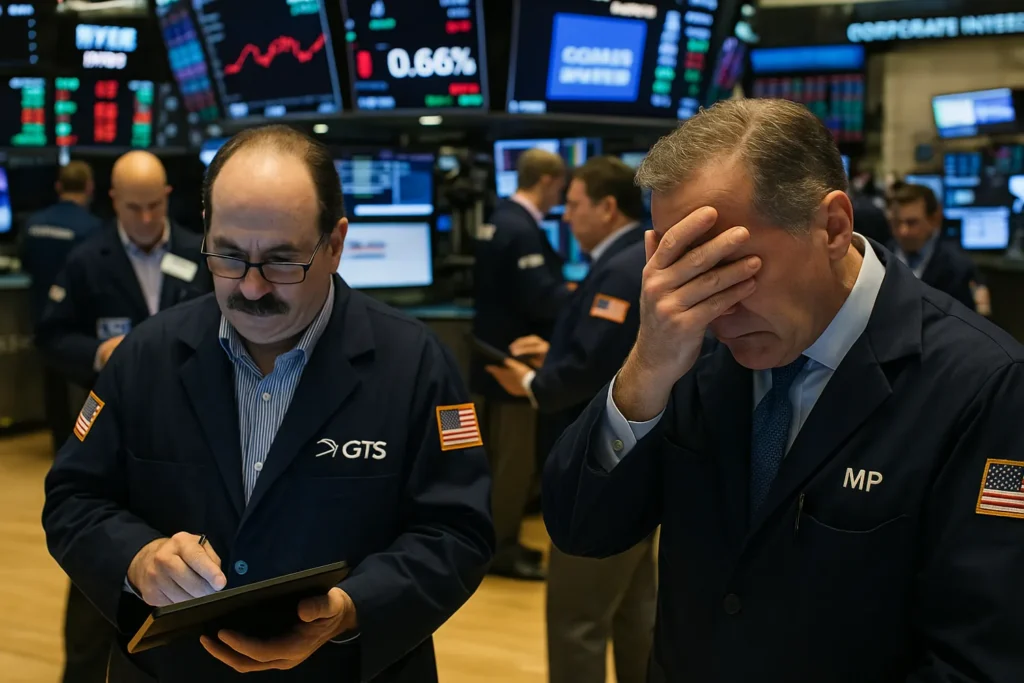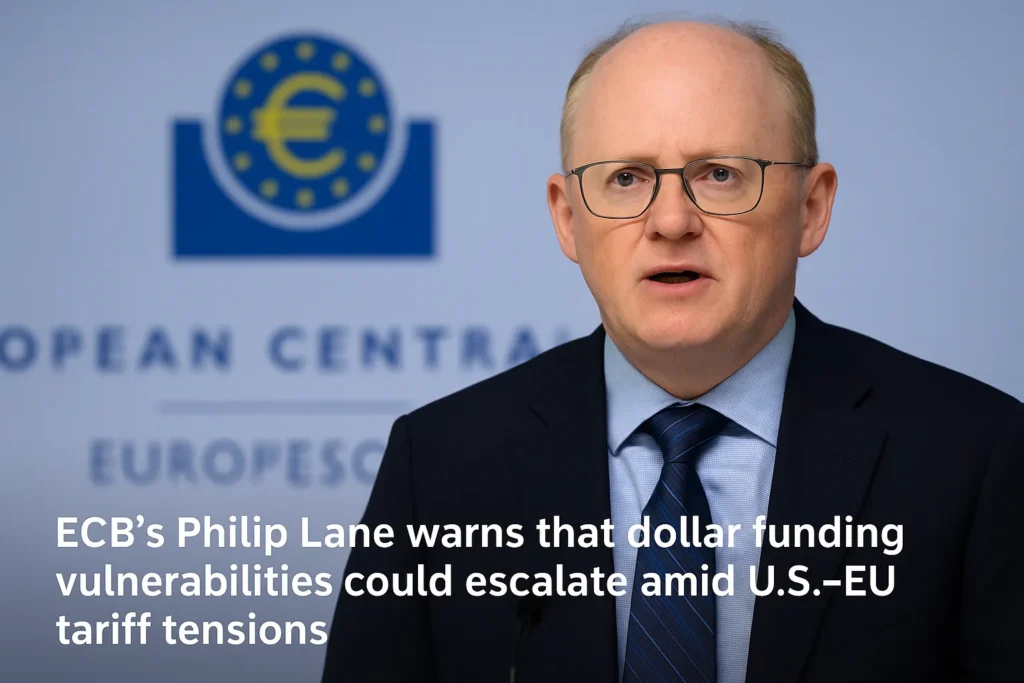President Trump’s threat to cancel his long-awaited meeting with Chinese President Xi Jinping marks a new escalation in the economic rivalry defining the decade. The focus keyphrase — Trump Xi meeting — now embodies the fragile balance between diplomacy and economic warfare. At stake is more than a summit; it’s control over the minerals that power the modern world.
Context: Beijing’s retaliation reshapes the rare earth chessboard
China’s Ministry of Commerce recently imposed new export restrictions on key rare earth elements used in U.S. defense systems, electric vehicles, and microchips. These metals — dysprosium, terbium, and neodymium — are the invisible foundation of modern manufacturing. Beijing framed the move as a national security measure. Washington saw it as economic blackmail.
Trump’s response was immediate. He warned that the Trump Xi meeting scheduled for later this month “might not happen” if China continued weaponizing its supply chains. The White House accused Beijing of exploiting global dependence on its 70% share of rare earth production. Markets recoiled: gold surged, the dollar slipped, and investors fled to safety.
Oppositional Argument: Washington’s hypocrisy and industrial fragility
Mainstream headlines cast Trump’s threat as reckless brinkmanship. But there’s a deeper irony: the U.S. created the very dependency it now fears. For decades, American corporations outsourced critical mineral refining to China to cut costs. Now, as the White House postures about economic sovereignty, it faces the reality of hollowed-out industrial capacity.
The Trump Xi meeting isn’t just about diplomacy — it’s a mirror reflecting American weakness. The administration’s call for “economic independence” rings hollow when nearly every smartphone, missile, or EV motor relies on Chinese components. This crisis isn’t Chinese aggression; it’s U.S. negligence.
Analytical Breakdown: From tariffs to minerals — the evolution of economic warfare
The trade war that began with tariffs on steel and semiconductors has evolved into something more fundamental: a battle for control over the elements of the future. Rare earths are the lifeblood of green technology and advanced weaponry. Without them, the Pentagon can’t build F-35 fighters, and Tesla can’t produce batteries.
China’s timing is strategic. By curbing exports just as Washington ramps up tariffs on Chinese AI chips, Beijing is signaling it still holds leverage. The Trump Xi meeting was supposed to defuse tensions; instead, it highlights them.
Historical parallels abound. In the 1970s, OPEC’s oil embargo revealed the West’s dependence on foreign energy. Today’s “rare earth shock” exposes a similar vulnerability — but this time, the resource is microscopic and buried in the supply chain.
Trump’s advisers reportedly urged him to use the threat of cancellation as a pressure tactic. Yet such moves risk triggering a panic in global manufacturing hubs from Seoul to Stuttgart. The U.S. has no quick substitute: reopening mines in California or building new refineries could take years. In the meantime, Beijing can turn the economic screws with surgical precision.
Human Perspective: Industry and investors caught in the crossfire
For American manufacturers, the uncertainty is devastating. Defense contractors fear delays in weapons production; automakers warn of rising costs; and tech firms face potential shortages in chip components. One aerospace executive told The Washington Post that “a single missing shipment from China can freeze an entire supply chain.”
Ordinary workers, too, feel the ripple. In mining towns across the Midwest, talk of reopening rare earth operations sparks cautious hope — but also skepticism. The Trump Xi meeting was seen as a potential moment of stability. Now it’s another headline feeding volatility.
Counterarguments
Critics argue that Trump’s threat is political theater — a bluff meant for domestic audiences ahead of the election. Some economists say China’s restrictions won’t bite immediately because global stockpiles can cushion short-term shocks. Yet insiders in the defense sector quietly disagree. Supply contracts are already tightening, and the Pentagon is reviewing contingency plans to source minerals from allies like Australia and Canada.
In the long term, even symbolic disruptions erode trust in global supply reliability. “You can’t build national security on hope,” one former Defense Department official said. “And you can’t build resilience on tweets.”
Conclusion: America’s economic nationalism meets its limits
Trump’s brinkmanship over the Trump Xi meeting underscores a truth neither Washington nor Beijing wants to admit: both economies are trapped in mutual dependence. China may dominate the raw materials; the U.S. still leads in innovation and demand. Severing one from the other could plunge both into recession.
The rare earth standoff is not a side skirmish — it’s the frontline of a new economic order. For now, the world watches as Trump’s impulsive diplomacy collides with China’s strategic patience. Whether the meeting is canceled or not, the message is clear: the age of free trade is over, and the minerals of the future have become weapons of power.
External Links
- The Washington Post – Trump warns over China’s mineral curbs
- Reuters – Rare earths and the new cold war economics
74 views
